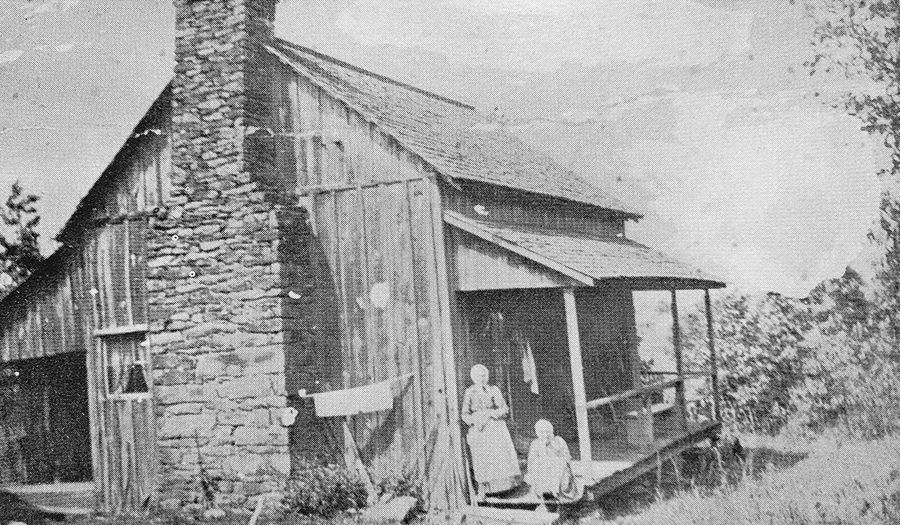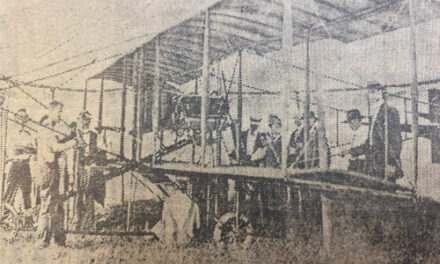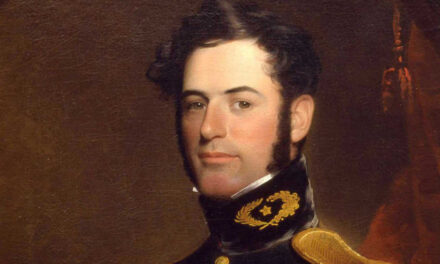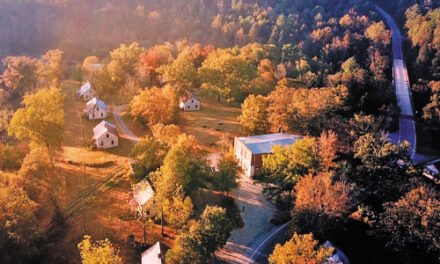
This is a very simple story about a man who was born on Christmas Day. No, not that one, although they shared some of the same qualities. This man was born to the south, in Lincolnton, the year after the Civil War concluded. He came to Hickory as a 21-year-old in a two horse wagon, half filled. His name was Will Stroup.
After his arrival, young William S. Stroup joined the local community, got married, then settled down to find his path in life. He first gained public notice for his whiskey making skills, but soon moved over to buying and selling real estate. On Union Square, he owned several buildings including one next to the telegraph office. Folks knew it as the Stroup Building. He started a brick-making business that supplied the bricks (1.5 million) to build the Rhodhiss Cotton Mill. Unfortunately, the 1916 Flood washed all that away. But that’s not why he should be remembered.
Will Stroup came to be known around Hickory as a man with “a big heart.” On the northern end of town, in what we call Viewmont, known at the time as Campbelltown, two elderly sisters were slowly sliding into their old age, alone in the world after their caretaker brother died. Amy and Sevilla Rink lived in a wood cabin, the location listed as bordered by “on the South by 6th Avenue, on the East by 4th Street Drive, on the North by Ninth Avenue and extended West to Ninth Street.” Good luck locating that. It totaled 188 acres that is now part of the residential section of northwest Hickory.

Photo: The Rink Sisters, at the cabin which Will Stroup rescued them.
The plight of the Rink sisters moved Will Stroup to make them an offer. He promised build them a new home, one with more modern conveniences. He also committed to take care for them the rest of their lives. Since the sisters were spinsters without heirs, they decided in their last will and testament to deed the land to him upon their deaths. Though the sisters were so old and it was thought they might not be around for much longer, the two lived for another 14 years. Despite that, Stroup was as good as his word, caring for them until the end. It was just one of the ways in which Will showed great generosity.
Over the course of his adult life, Will Stroup was credited with a multitude of acts of his love for others. He took in Colonel Marcellus Thornton in his final years after the death of his wife, whose own bequeaths forced the colonel out of their luxurious home, now known as Harper House. Then, there was the time he heard that eight prisoners were being held in the Hickory jail and would have to spend Christmas incarcerated. Immediately, Stroup posted bond for the entire lot, no questions asked. When people came to First National Bank of Catawba County, the president, K.C. Menzies told applicants who needed a cosigner to see Will Stroup. He was always willing, even though sometimes that generosity was not repaid. He signed a bond for a notorious bootlegger once who skipped a court date and cost Stroup $1700 ($31,000 these days).
If you do not believe that kindness begets kindness, check out next week’s finish to the Will Stroup saga, which includes a surprising, and for the time unique event in Hickory’s history.








